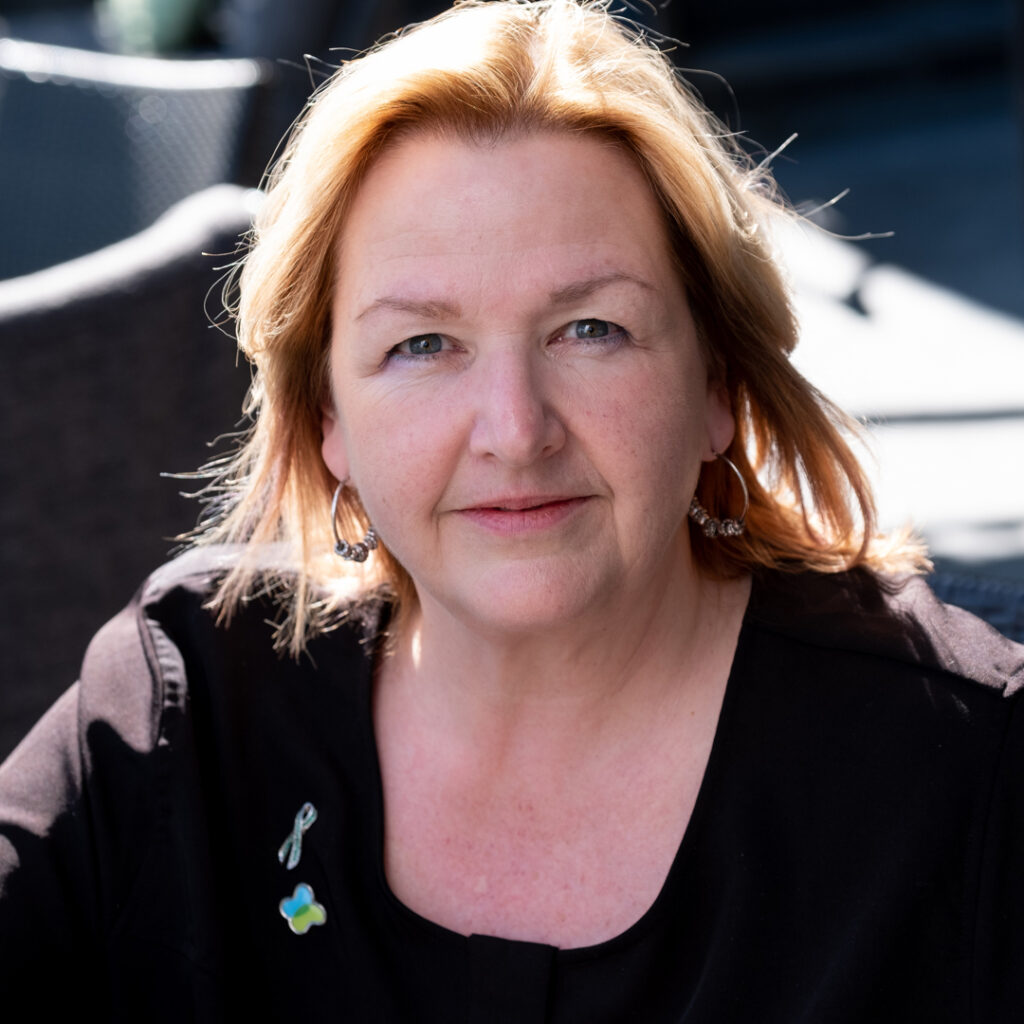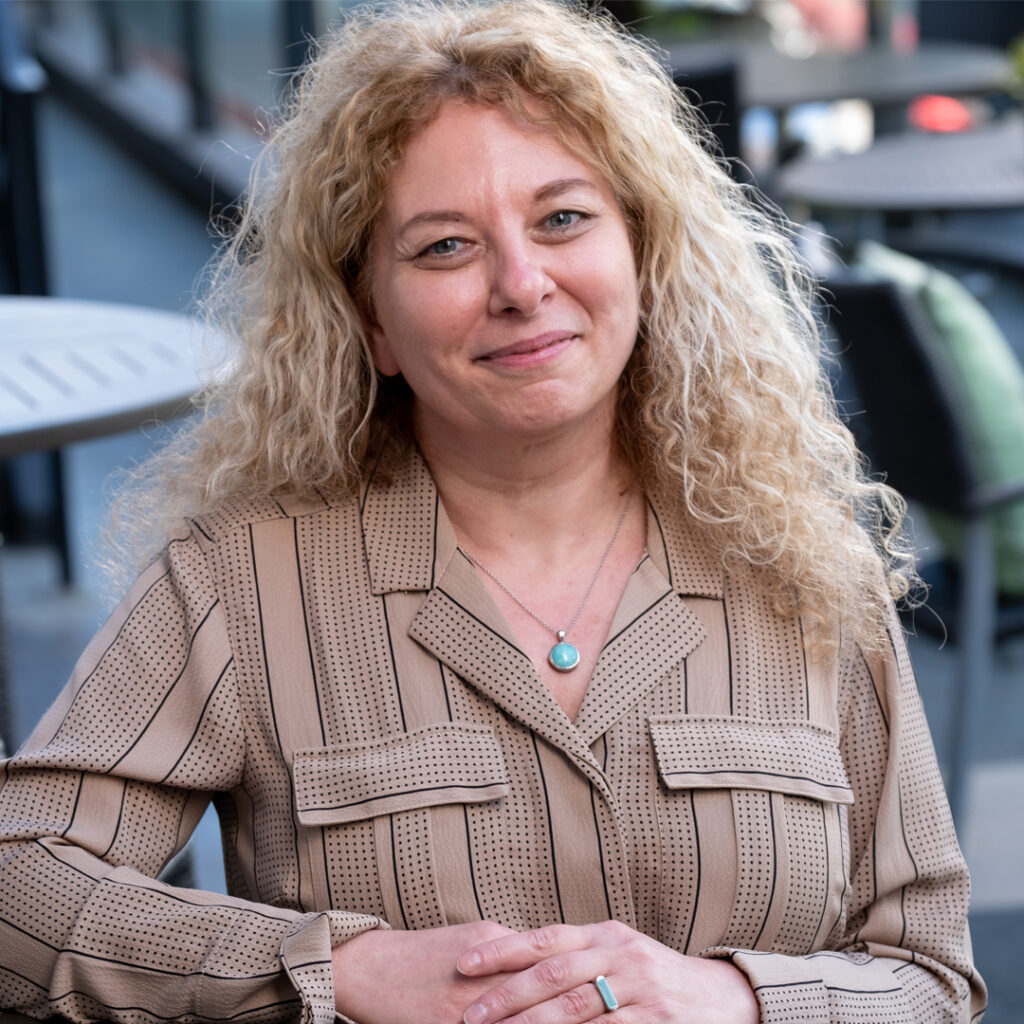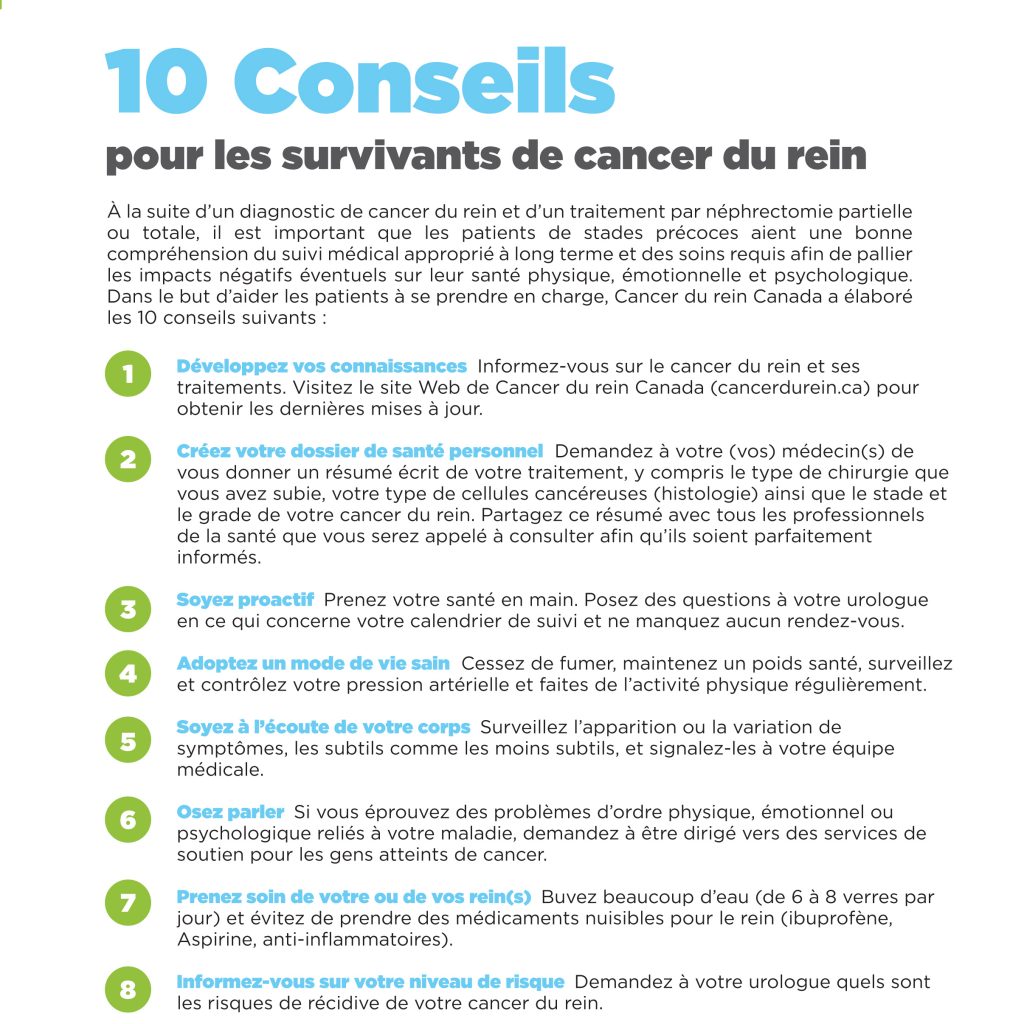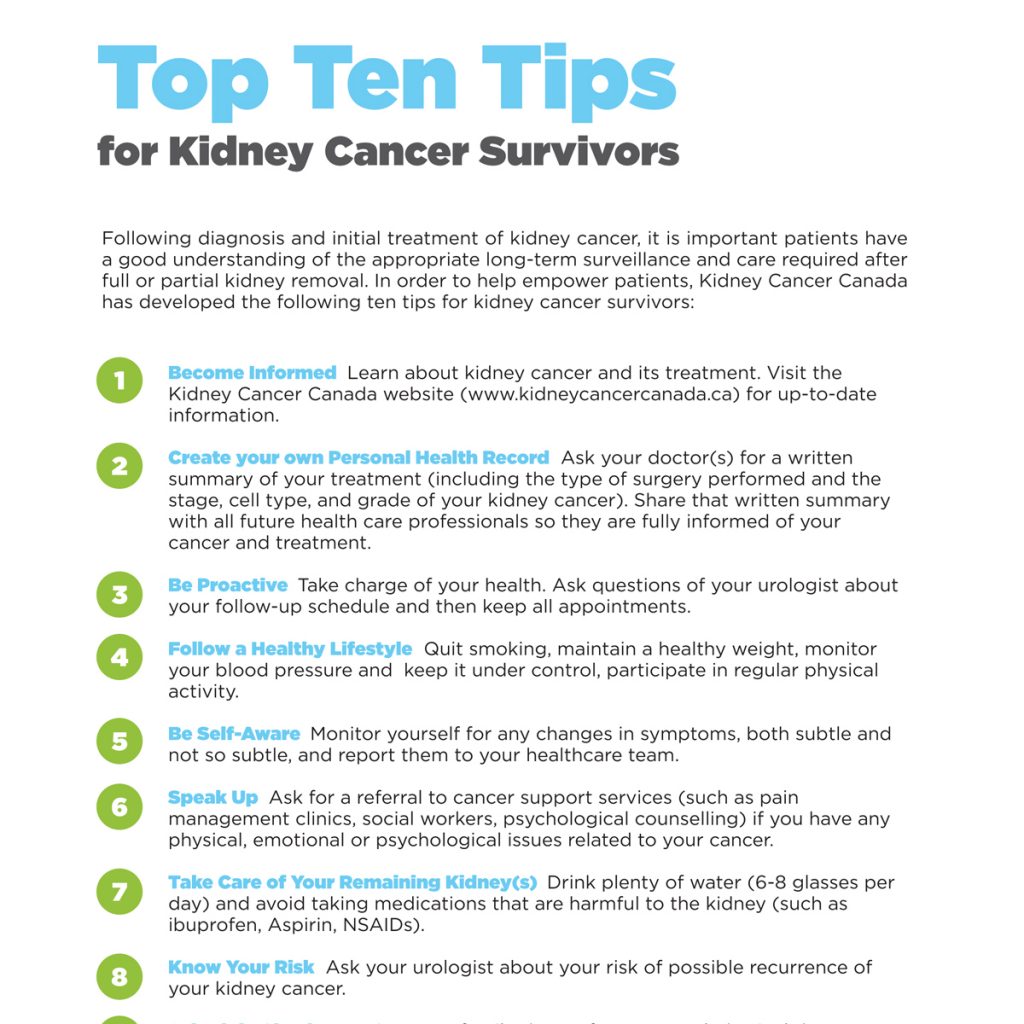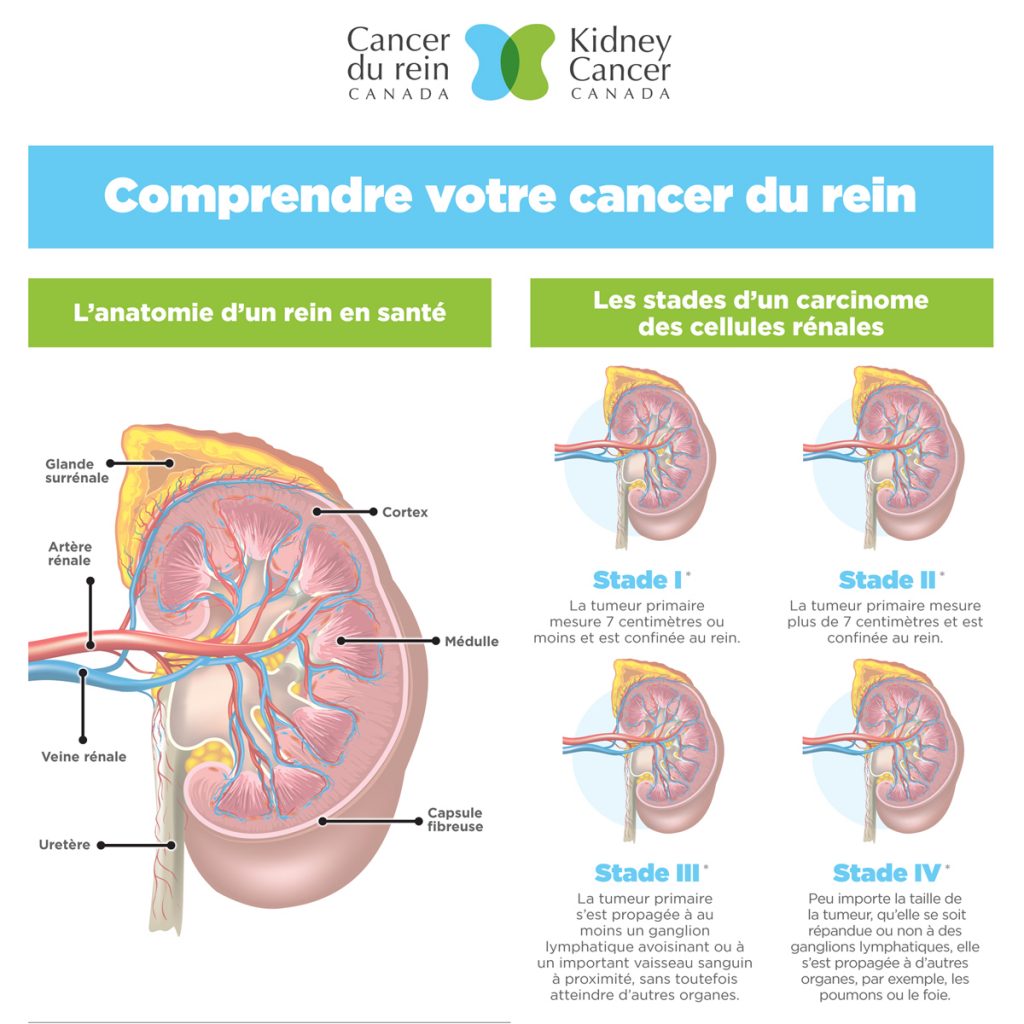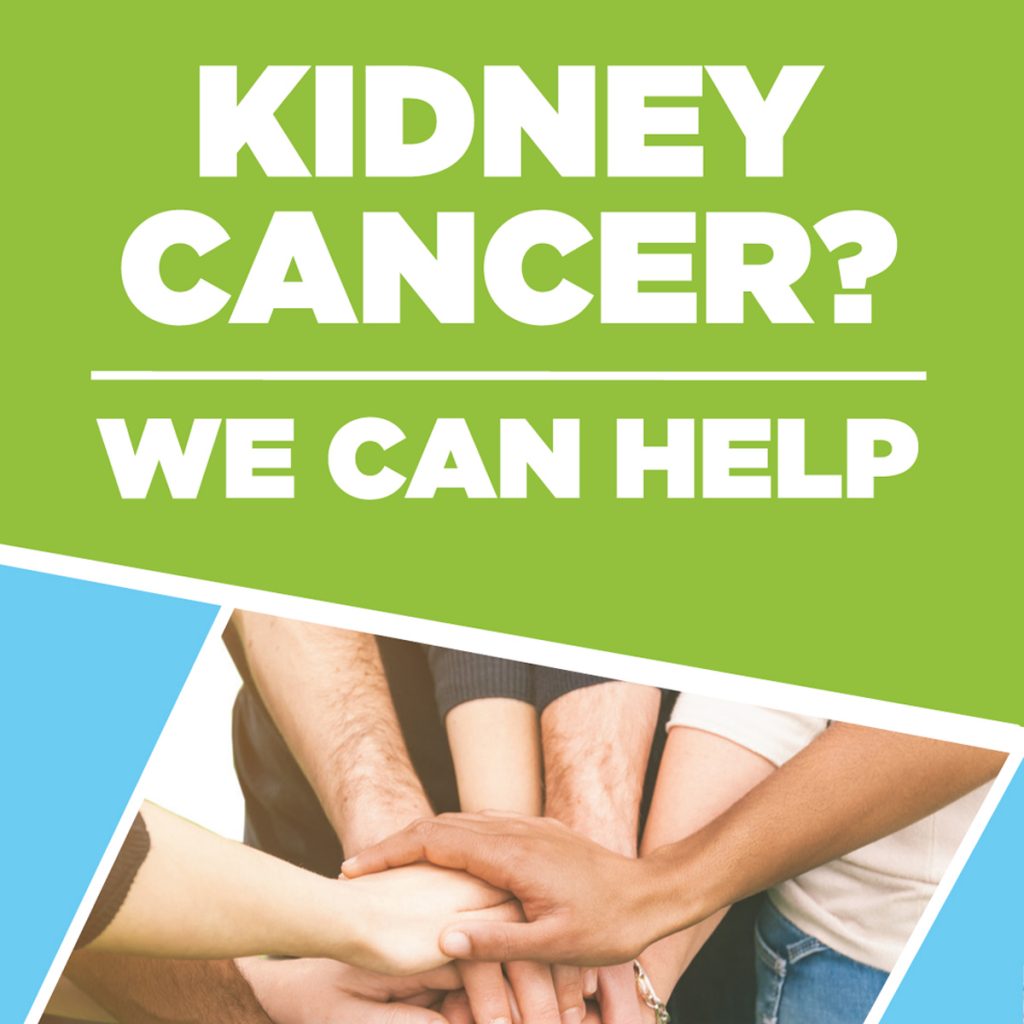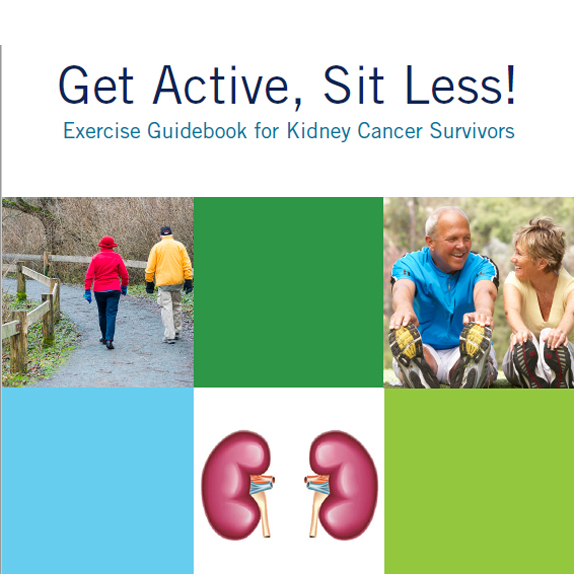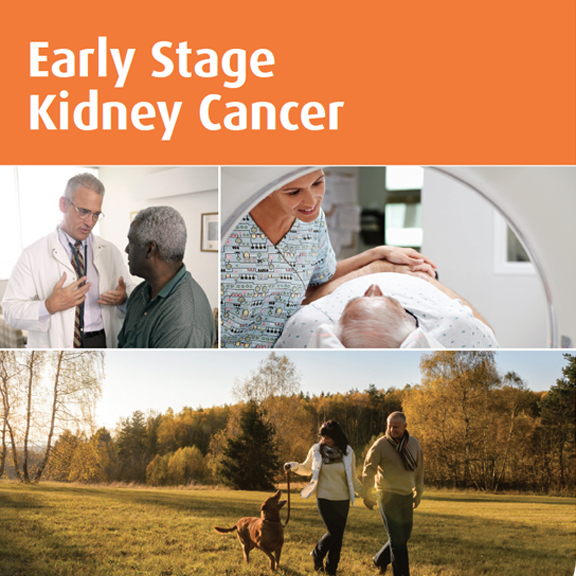Cancer care worldwide has been disrupted by COVID-19. Since the start of the pandemic, cancer diagnoses have seen a dramatic decline by approximately 40%.1
Cancer does not wait even during a global pandemic.
In response to the delays in cancer, an alliance of 26 Canadian partners have come together to launch New Normal, Same Cancer – a campaign designed to encourage Canadians to reprioritize cancer care through a simple call to action – Don’t wait, contact your healthcare team, get checked.
According to a recent survey from Metrika on the impact of COVID-19 on Canadian oncology practices (December 2020), 80% of oncologists say that COVID-19 has disrupted cancer care to some extent, including a moderate to severe impact on diagnosis and assessment of new or potential cancer patients.2
Canadians experiencing cancer symptoms may be reluctant to access healthcare as they are uncertain of the services available to them during the pandemic or may be afraid of contracting the virus.
We are concerned with the effects of the pandemic on our kidney cancer community. Now more than ever, it is important to advocate for yourself. We urge you to contact your healthcare team and discuss your situation so that you and your team are comfortable that any possible delay in imaging, biopsy, surgery, treatment, or routine checks are not putting your treatment plan or health in jeopardy.

- Prior to COVID-19 pandemic, it was estimated that more that 225,000 Canadians would be diagnosed with cancer in 2020;3 however, since the onset of the COVID-19 pandemic, diagnosis rates have fallen considerably.2
- According to a survey commissioned by the Canadian Cancer Survivor Network (CCSN) on the impact of COVID-19 on cancer patients (January 2021), some patients and pre-diagnosed patients are avoiding booking or rescheduling previously cancelled appointments.4 Among those who are avoiding booking an appointment with a doctor, 42 % say COVID-19 exposure is their main concern and 15 % believe their healthcare teams are not taking appointments, or are difficult to get a hold of.4
- While 40 % of patients have had their in-person appointments rescheduled to virtual appointments, the majority of patients say they have had their concerns addressed.4
- However, the COVID-19 pandemic continues to have a significant impact on patient mental health, with 72 % of patients and pre-diagnosed patients saying they feel anxious about receiving adequate care during the pandemic4
Early diagnosis and treatment are key to better patient outcomes. That is why it is important for those with cancer or suspected cancer to re-engage with the healthcare system for regular screenings, follow-up appointments and treatments, as needed.
Healthcare professionals have worked hard, taking important learnings from the 1st wave of the pandemic, to ensure that clean and safe pathways are available for patients in need of healthcare services, and to minimize the risk of COVID-19.
REFERENCE
[1] Statistic is amalgamated using data from the US, UK, De Vincentiis L, et al. Cancer diagnostic rates during the 2020 ‘lockdown’, due to COVID-19 pandemic, compared with the 2018–2019: an audit study from cellular pathology. Journal of Clinical Pathology Published Online First: 19 June 2020. doi: https://jcp.bmj.com/content/early/2020/06/19/jclinpath-2020-206833\
[2] Metrika. Impact of COVID-19 on Canadian oncology practices. December 2020. On file.
[3] Canadian Cancer Society. Cancer information. Cancer 101. Cancer statistics at a glance. Accessed October 19, 2020. Available at: www.cancer.ca/en/cancer-information/cancer-101/cancer-statistics-at-a-glance/
[4] Leger. Impact of COVID-19 crisis on cancer patients and their ability to receive treatment – wave 2. On file





